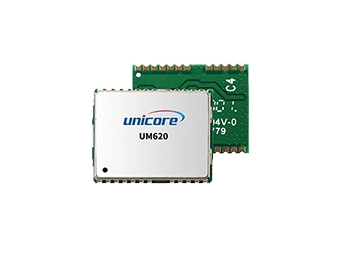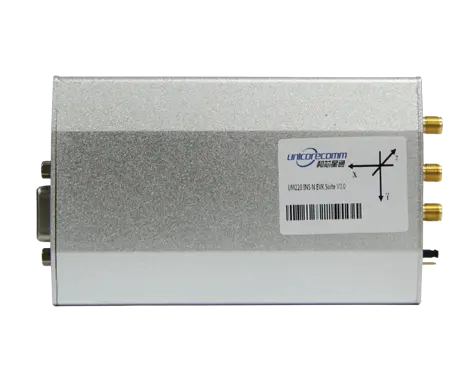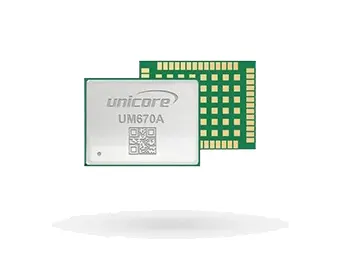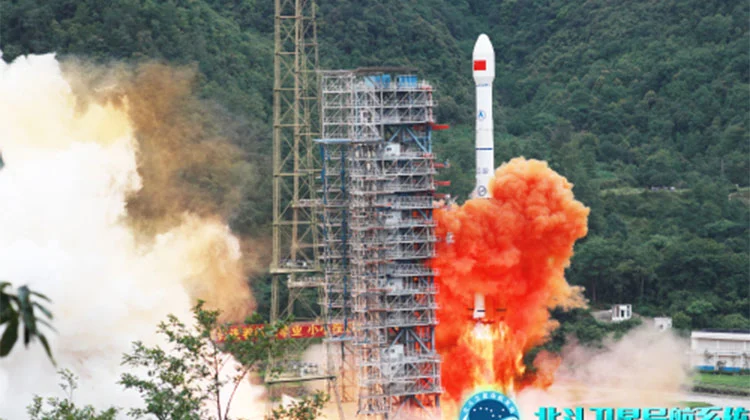Unlocking the Potential of GNSS for Surveying
Surveying is a fundamental discipline that underpins a wide range of industries, from construction and engineering to urban planning and environmental management. In today's technology-driven world, Global Navigation Satellite Systems (GNSS) have revolutionized surveying practices, offering unprecedented accuracy, efficiency, and ease of use. But with multiple GNSS options available, how do you determine the best one for surveying needs? In this article, we'll explore the essential features to consider and help you navigate the vast landscape of GNSS systems to find the perfect fit for your surveying projects.
Critical Factors for Choosing the Best GNSS for Surveying
1. Accuracy and Precision:
At the heart of any surveying endeavor lies the need for high accuracy and precision. When choosing a GNSS system, consider its ability to provide centimeter-level positioning accuracy. Real-Time Kinematic (RTK) and Post-Processing Kinematic (PPK) capabilities are essential features that enable surveyors to achieve the desired accuracy. An ideal GNSS system should deliver consistent and reliable results, even in challenging environments with limited satellite visibility.
2. Multi-Constellation Support:
The best GNSS system for surveying should have multi-constellation support, which means it can access signals from multiple satellite constellations, such as GPS, GLONASS, BeiDou, and Galileo. Multi-constellation capability enhances signal availability and redundancy, leading to more robust and reliable positioning, especially in areas with obstructed sky views.
3. RTK Networks and CORS:
RTK networks and Continuously Operating Reference Stations (CORS) are critical assets that can significantly enhance surveying efficiency. RTK networks provide real-time corrections from multiple base stations, improving accuracy and reducing the need for setting up individual base stations. CORS, on the other hand, offer post-processing correction data, ensuring surveyors can achieve high accuracy even in remote areas where RTK network coverage might be limited.
4. GNSS Receiver Performance:
The performance of the GNSS receiver itself plays a vital role in surveying success. Consider factors such as signal tracking capabilities, data update rate, and the number of available channels. Higher data update rates and more channels allow for faster data acquisition and better tracking in challenging conditions, ensuring you capture geospatial data with maximum efficiency.
5. Data Management and Integration:
Efficient data management and integration are crucial aspects of modern surveying practices. Look for a GNSS system that offers user-friendly software with intuitive data handling capabilities. The ability to seamlessly integrate GNSS data with GIS software or other surveying tools streamlines your workflow and optimizes data processing.
6. Battery Life and Durability:
Surveying often involves extended hours in the field, so battery life and the ruggedness of the GNSS system are essential considerations. Opt for a system with long battery life and durable construction to withstand harsh environmental conditions.
In conclusion, the best GNSS system for surveying is one that aligns with your specific needs and project requirements. Prioritize accuracy, multi-constellation support, RTK networks, and CORS capabilities to ensure you can achieve precise geospatial data for your surveying endeavors. Additionally, consider the receiver's performance, data management, battery life, and durability to maximize efficiency and productivity in the field.
As technology continues to advance, GNSS systems for surveying will only become more sophisticated and powerful. Embrace the potential of GNSS technology and leverage its capabilities to unlock new levels of precision and accuracy in your surveying projects.

 EN
EN  ja
ja  ko
ko  fr
fr  de
de  es
es  it
it  pt
pt  vi
vi  sv
sv  ms
ms  CN
CN







